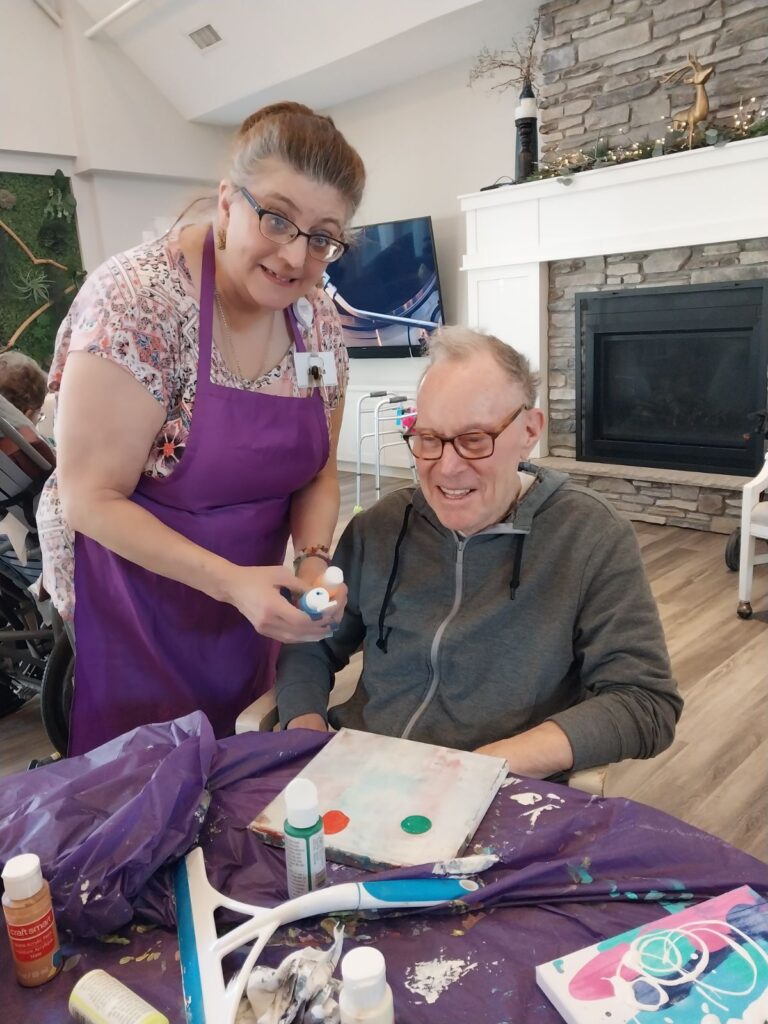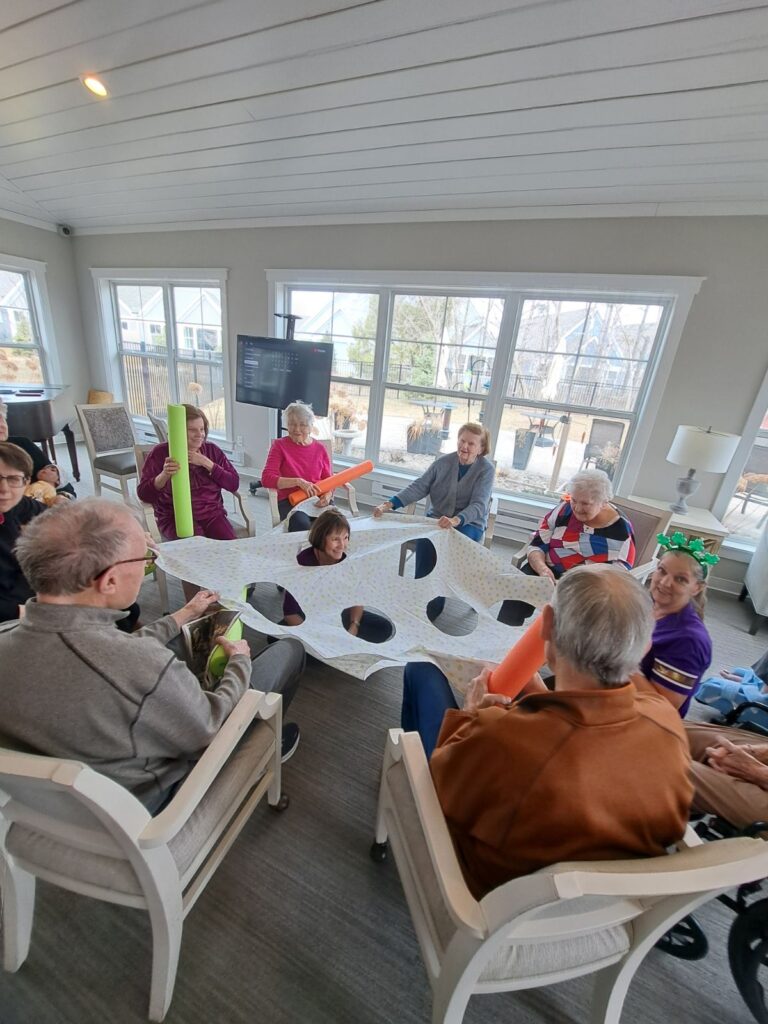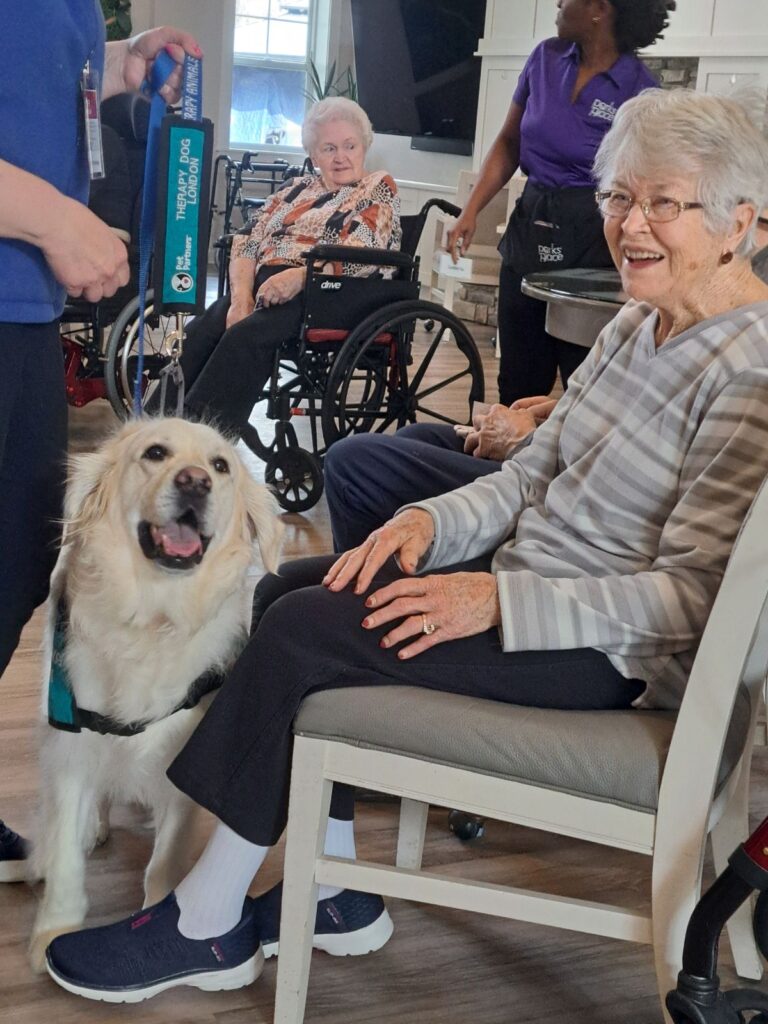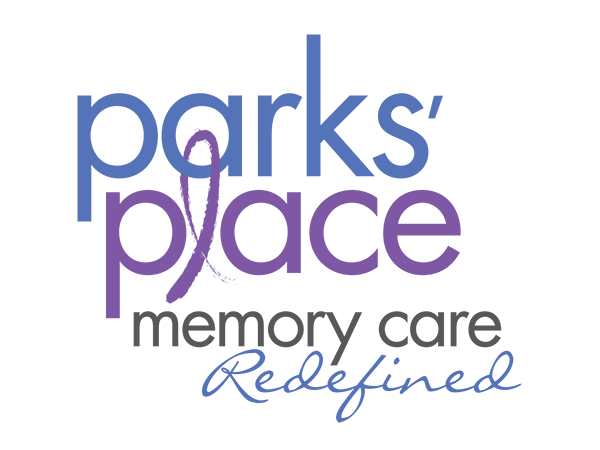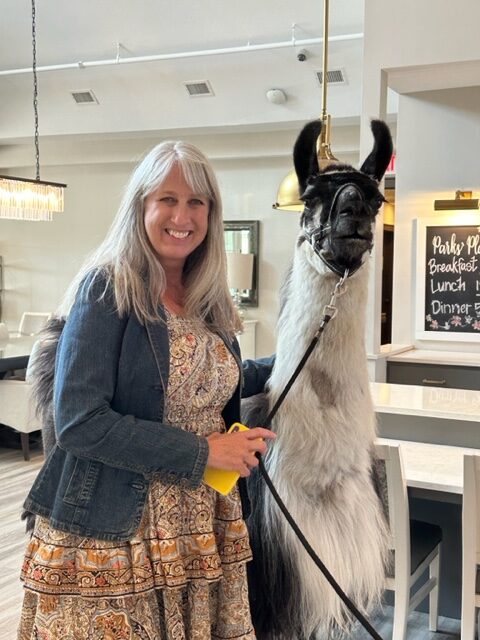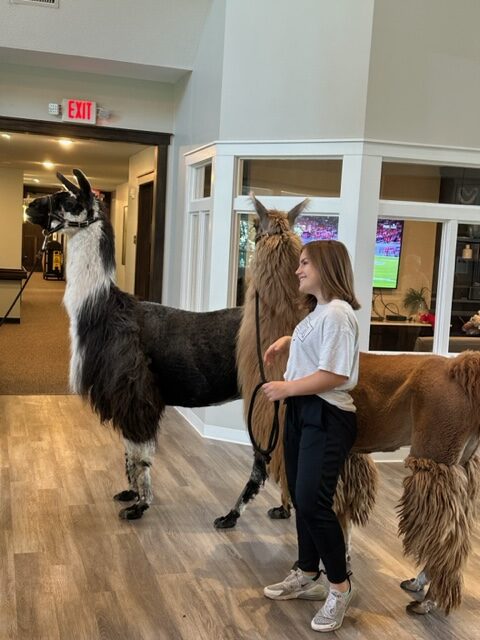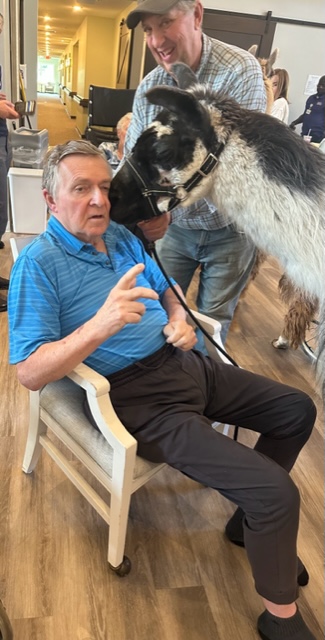Discover practical tips for celebrating the holidays with loved ones who have dementia. Learn from Park’s Place Memory Care how to make these moments joyful and comfortable.
Introduction
The holiday season is a time of joy, warmth, and family gatherings. However, for families caring for loved ones with Alzheimer’s or other forms of dementia, it can also bring unique challenges. At Park’s Place Memory Care, we understand these challenges and are here to offer guidance and support to make your holiday celebrations as smooth and enjoyable as possible.
Understanding the Needs of Individuals with Dementia During Holidays
Dementia can significantly impact how a person experiences the holidays. The hustle and bustle, while festive, can be overwhelming. It’s crucial to adjust your expectations and create a dementia-friendly environment. This includes keeping routines as regular as possible and minimizing overly stimulating activities.
Practical Tips for Visits and Outings
When planning visits or outings, consider the best time of day for your loved one. Smaller, quieter gatherings are often more enjoyable than large, noisy parties. Keep activities simple and familiar, like looking through old photo albums or listening to favorite music. Our team at Park’s Place Memory Care can offer personalized advice for your specific situation.
Recognizing Signs of Stress and Overload
It’s important to watch for signs of stress in your loved one, such as agitation or confusion. If these occur, provide a quiet space for them to relax. Remember, it’s okay to take a break and step away from festivities to ensure their comfort.
Engaging Activities for the Holiday Season
Engaging in simple activities can make the holidays special. Consider crafts that evoke memories, like decorating a family photo frame. Music is also a wonderful way to connect, as it can trigger happy memories and emotions. These activities align with the care approach at Park’s Place, where we focus on creating meaningful experiences for our residents.
The Role of Park’s Place Memory Care
At Park’s Place Memory Care, we specialize in providing compassionate, personalized care for individuals with Alzheimer’s and other forms of dementia. Our experienced staff are trained to understand the unique needs of our residents, making us an ideal partner in your caregiving journey. We invite you to contact us for more information or to schedule a visit to see how we can help make your holidays, and every day, better.
Conclusion
While the holidays can be challenging for those caring for loved ones with dementia, with understanding and patience, they can also be a time of joy and nostalgia. Remember, you’re not alone in this journey. Park’s Place Memory Care is here to support you every step of the way, ensuring that the holiday season is enjoyable for everyone.
